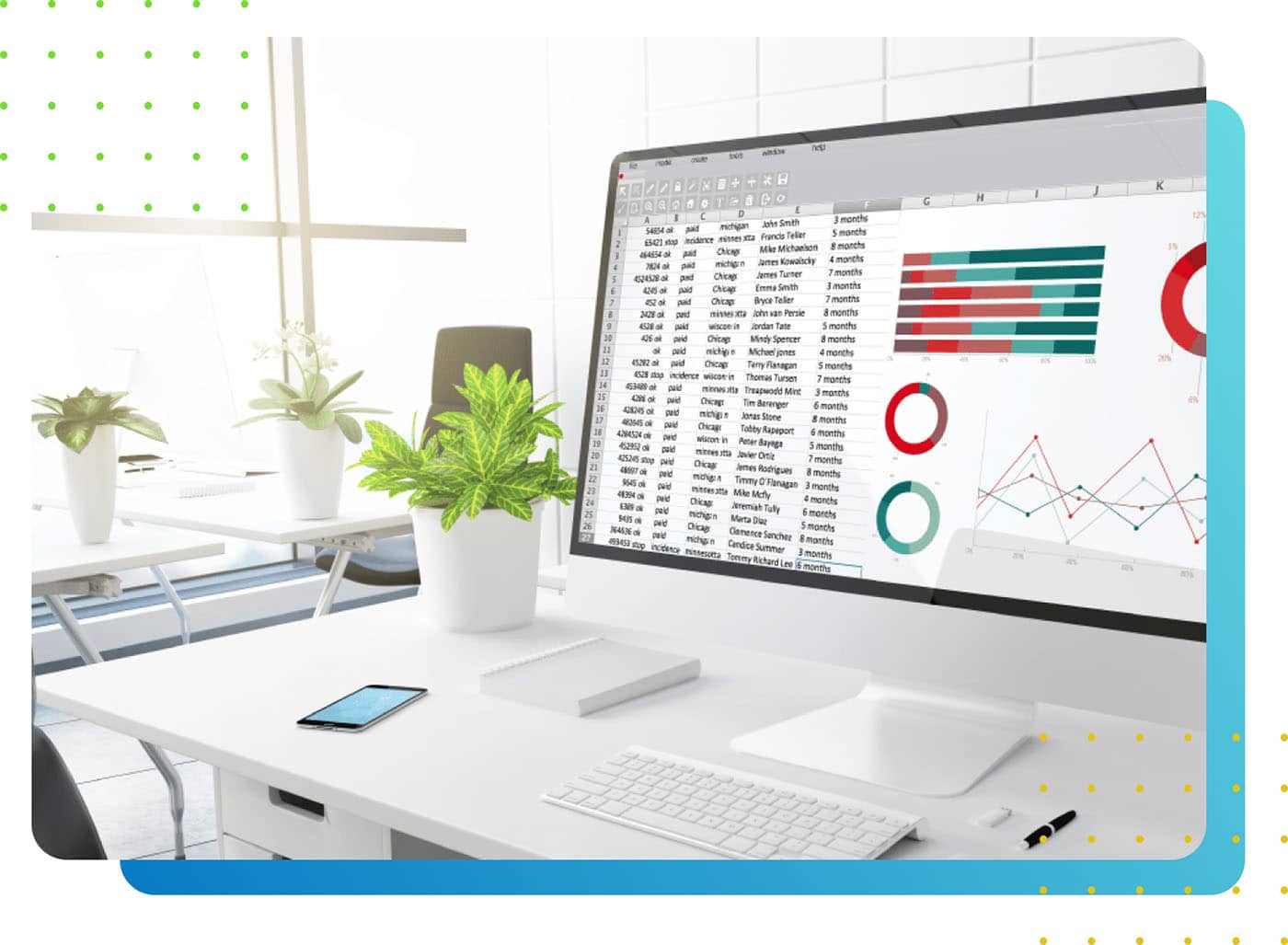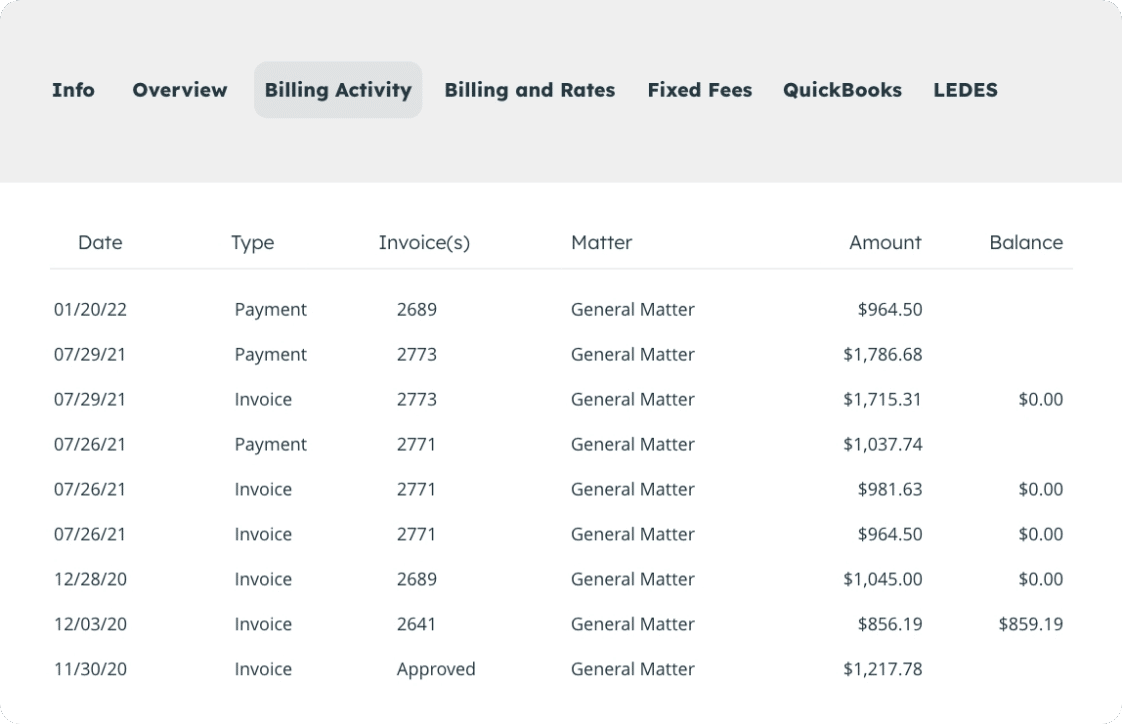
Anyone who has been in the business of law firm management or practicing law knows that running a law firm has some unique challenges that other businesses often don’t face.
From maintaining a secure and safe document management and document storage system to making sure that time tracking is optimized, and all billable hours are accounted for, there can seem to be endless areas of workflow that must be prioritized and managed in a way that is not only productive but profitable as well.

Key Takeaways
- Early all-in-one law practice management software systems tried to create a system that could tackle all of a firm’s workflow needs, but there were always problematic areas that didn’t quite work.
- As more firms begin to think outside the box and look into creating their own tech stack for workflow tasks, one area that still needs to be customized for a law firm is the billing and accounting software.
- Law firm billing software can be quite unique and it’s important that the right system is put in place that takes into account these needs.
Though all areas of legal practice management are arguably important, almost anyone who has been involved in the operations of a law firm knows that — without an excellent and easy-to-navigate legal billing software system — the entire firm won’t be able to continue to operate for long.
But the legal billing process has gone through some considerable changes in the past few years.
Even pre-pandemic, many firms were beginning to question the legal billing software that was often included in the traditional, all-in-one practice management software legal systems many firms had been using.
And now, more than ever, not only are law firms questioning this pre-packaged type of legal billing software, they are even beginning to move away from it and ask for other options.

Why Traditional All-In-One Practice Management Software No Longer is the Best Solution
It was in the early 1990s that most law firms began having the ability to use computers to create documents, do some rudimentary time and expense tracking, and even manage client intake on a minimal level.
And, even though emails could be sent on internal networks, it wasn’t until the late 1990s that those emails were able to start being sent to others outside the wall of the legal practice.
But by the early 2000s, specific tech companies began creating software that allowed for much of a firm’s workflow to be able to be conducted through one software platform.
Though these beginning models focused mainly on case management and document management, they also began introducing the idea of contact management and client management as well.
Known as all-in-one legal practice management software (or law practice management software) these vendors heavily marketed the idea to law firms that the best way to run and operate a practice was by using their software system to manage all tasks that were associated with running a successful practice.
But even as these systems became more sophisticated, they continued to be problematic as well.
Many were local downloads only and not cloud-based, and tried to replace (instead of integrate) systems that more law firm staff already had running on their computers. Not only that but depending on which legal practice management software a law firm had purchased, they may have needed to patch together multiple systems to get some of their unique needs met.

Now, more than twenty years later, though many of these legal practice management system vendors claim that their legal software products are better than ever, a new situation is emerging.
As technology tools continue to improve and remote legal billing jobs become more common, many of these all-in-one legal practice management systems are no longer needed.
With the staggering advancements in the capabilities of many of our most-used office suite systems (G Suite, Microsoft Office, etc) many of the tasks that a law firm needs to regularly adhere to can now be done for much less money while taking up much less time.
For a law office that is used to using G Suite products and/or Microsoft Office, things like case management, document storage, client communication and all sort of other types of matter management have become increasingly easy to organize, create and control through a platform that everyone in the office is already familiar with.
Are the days of complex all-in-one legal practice management software systems behind us?
Most likely.
That said, there is still one enormously important part to law firm management that can not be taken care of by models you already have in place.
And that is your legal billing software.
More and more law firms are either ditching the traditional all-in-one legal practice management software systems or are realizing that their system doesn’t have the adequate type of billing support they need.
Instead, they are looking for dedicated legal billing software systems that can work in tandem with technology systems they already have in place and be as easy to use as they are accurate.

What is Legal Billing Software?
Legal billing software is a type of software that is designed to help law firms and legal professionals manage all aspects of their billing and invoicing process.
This type of software is a must have for any law practice and typically includes features such as time tracking, expense tracking, payment tracking, and all types of productivity reporting.
It is also used to generate invoices, send invoices and track unpaid invoices.
Legal Billing software can also be an important part of a firm’s trust accounting and bank reconciliations.
Schedule a demo
Not only is good legal billing software capable of helping a law practice run more efficiently and with increased accuracy, but it will also help to reduce the amount of manual work required and minimize human errors.
And for your clients, it allows for greater transparency in the billing and invoicing process as well as makes it easier to make payments with online payment options and a secure client portal.

Why Should I Consider Standalone Legal Billing Software?
While the best legal billing software solutions are designed to integrate with other legal practice management software (such as case management or document management software) this isn’t always going to be the case.
There are a number of legal billing software vendors on the market today that claim to be more than they are.
Using billing and accounting software that doesn’t fit your law firm’s needs is not only going to be frustrating, but it’s going to result in lost time, revenue, and possibly even a loss of key employees if they begin to find their work to be more cumbersome than it should be.
Using poorly-equipped billing software may also result in a loss of clients if they begin to feel that your firm is running inefficiently or if mistakes are often being made on their client billing statements, invoices, or their trust accounts.
For these reasons, your firm must choose the best legal billing software to work with the multiple accounting needs of your practice.

How LeanLaw Can Be the Legal Billing Software Solution for You
LeanLaw is the industry leader for legal billing software built on the QuickBooks Online platform.
Created by legal professionals for legal professionals, LeanLaw makes running a profitable law firm more straightforward and simple than ever…and for everyone involved.
Not only is LeanLaw specially designed for legal practices, but it’s also created to provide a number of advantages that the competition just can’t compete with.
Thoughtfully engineered and designed for how law firms actually work, LeanLaw is built right on top of QuickBooks Online to provide a seamlessly integrated, complete financial solution for modern, small and mid-sized law firms that are looking to reduce overhead and find workflow efficiencies.
Thanks to its unique design (by industry experts who know the frustrations of the typical and traditional legal billing software!) LeanLaw empowers every team member to be able to be involved in some aspect of the firm’s accounting practices, from client invoices to tracking and reporting billable time to accurately reconciling all bank and trust accounts.
Here are some ways that LeanLaw is improving legal billing in ways not seen by legal billing software in the past:
Improved Efficiency: Custom legal billing software streamlines the billing process, making it more efficient and accurate. It eliminates the need for manual data entry, reduces errors and helps ensure that all billable hours are accurately recorded.
- Enhanced Billing Accuracy: LeanLaw’s legal billing software automates most of the various parts of the billing process, which significantly reduces the chance of human errors as well as staff time.
Most small businesses admit to making errors on their invoices, and law firms are no exception. These types of billing mistakes can create a whole host of long-term problems for law firms, from decreased revenue, client distrust or dissatisfaction, a negative reputation, and even sometimes penalties or punitive consequences from state bar associations if the mistakes are significant enough.
LeanLaw’s billing accuracy alleviates all of these potential headaches, taking all the guesswork out of legal invoices and other forms of accounting practices that your law firm must regularly deal with. - Increased Productivity: Legal billing software can help lawyers and the law firm staff increase their productivity in all sorts of areas by automating many of the practice’s repetitive tasks.
This type of legal billing automation will save tons of time for everyone and reduce administrative task overhead, allowing lawyers to focus on more important tasks as well as allowing staff to put their energy toward the tasks that really require their hands-on attention to detail. - Better Billing Management: Custom legal billing software like LeanLaw will enable any law firm to be able to better manage all of its various billing processes.
It will also allow them to track time, track billable hours, and track expenses for each attorney and their support staff.In addition to these types of tracking capabilities, LeanLaw’s custom billing management system can also monitor any outstanding invoices and manage payment collections effectively.
Billing management is one of the most important keys to a law firm’s long term success. Knowing when invoices are outstanding or if an attorney hasn’t billed for a service appropriately can make a big difference in a legal practice’s bottom line.
- Improved Financial Control: LeanLaw’s legal billing software will be able to provide its users with a significant amount of financial control.
By being able to access real-time financial data at any point (and anywhere!) attorneys and practice administrators can then make informed decisions about their financial strategies.Because of the advanced capabilities that LeanLaw and QuickBooks Online provide when partnered together, obtaining accurate financial numbers in real-time is incredibly simple and the sense of financial peace this provides is hard to quantify. - Improved Client Relationship: Custom legal billing software like LeanLaw will have another hard-to-quantify benefit: a more accurate and highly transparent billing process will only equate to improving your client’s satisfaction.
Humans have become incredibly tech-savvy. We want to be able to place our food order with credit card payments online, schedule our dentist appointments on our phones and check our bank balances while sitting in a carpool or while on our lunch break.Making online payments is now the norm, not the exception, for most of us.
It only stands to reason, then, that we want to be able to know where we stand with our legal representation, particularly during a complicated or lengthy case.
Thanks to LeanLaw’s cloud-based software system and secure client portal, every client – regardless of case size – can easily see their trust account balances and current invoices as well as past ones.This type of trust and transparency is one of the best parts of having a customized legal billing software system. And clients will not only thank you for it but will also find themselves recommending you more often than before.
The software allows clients to track their bills and monitor their expenses easily.
- Cost Savings: The traditional all-in-one legal practice management software systems were not cheap. From the cost of installation to the monthly fees and additional training, a typical all-in-one legal practice management system can be a big line item in many law firms’ monthly budgets.
But removing that type of software system and replacing it with a tech stack of various components can make a big difference in a legal practice’s revenue stream. Not only can an attorney or practice manager now pick and choose what types of technology they want or need to add to that stack, but they can also look at the costs of each feature individually, allowing them to have a better idea how much they are paying for various services and why. - Better Compliance: LeanLaw’s legal billing software is built to make law firms more efficient and more profitable.
But LeanLaw is also built to always make sure your firm is in compliance with industry standards and that there are no red flags when it comes to trust accounting or other potentially ethical or legal pitfalls in the way in which your firm is handling client funds.Often referred to as a retainer, how you manage these funds is going to be an important part of your overall accounting process.
LeanLaw’s accounting software is true, cloud-based, QuickBooks integration that will help your law firm stay in compliance with industry best practices and state bar standards while also automating the way your law practice manages client funds based on your state’s rules surrounding them.
By using a three-way reconciliation approach to your firm’s accounting process, you will never have to worry that funds are being utilized inappropriately.
Schedule a demo

Do You Think that LeanLaw Billing Software Might be Right for You?
If you want to see what all the excitement is about regarding this innovative way to now implement billing software into a law practice, request a demo today!
Alternative law firm billing is only growing in popularity. Let LeanLaw bring your law practice into the next era of ease and efficiency with a software system that will have you wondering…why didn’t someone invent this sooner?
LeanLaw…empowering every team member to maximize profitability. And have fun while doing it!





